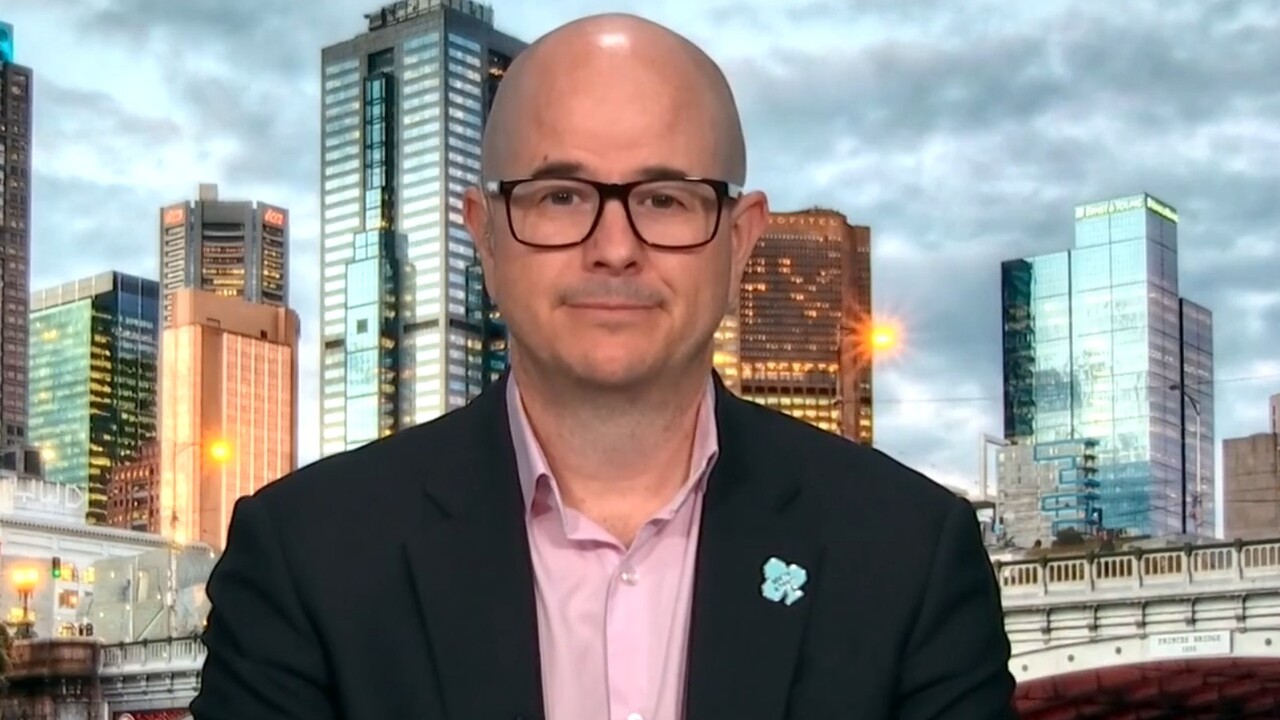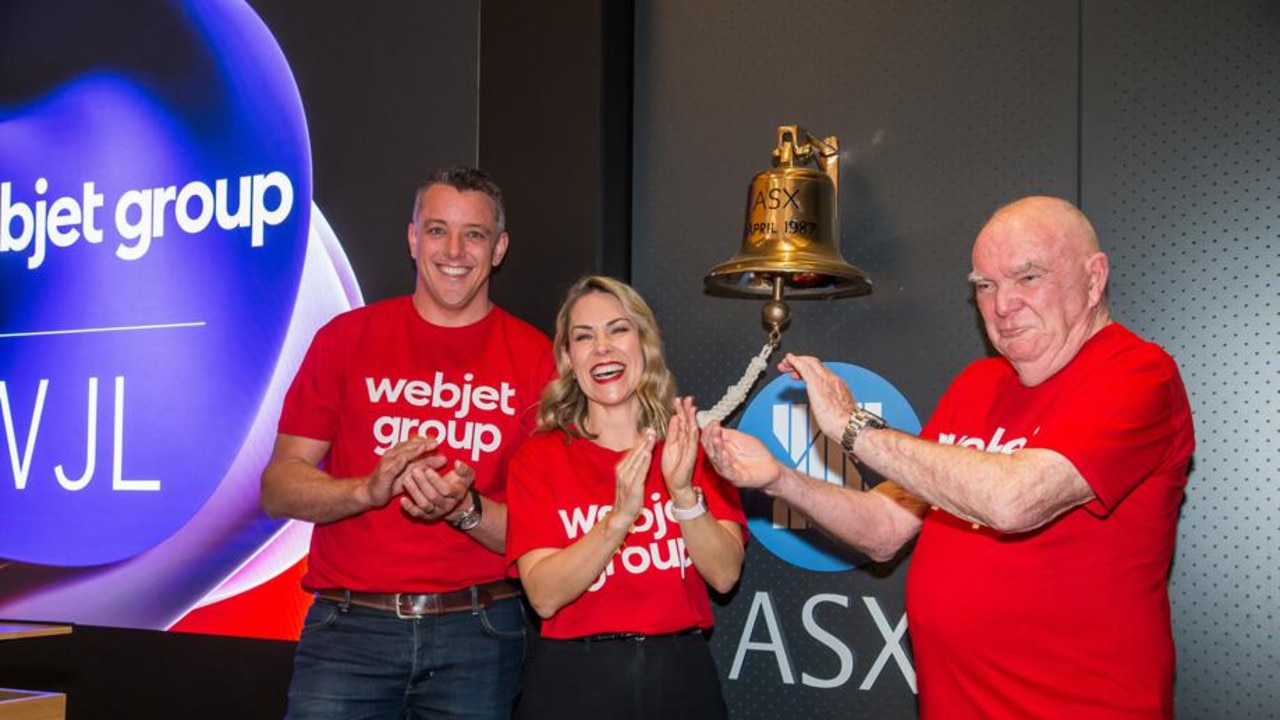
Brookfield and its lenders are understood to be putting the finishing touches on a refinancing deal for its $4.4bn healthcare investment Healthscope that sees all of its private hospitals remain together in one structure.
The understanding is that the lenders and Brookfield have informally agreed a deal, but it is not yet official.
Earlier, Brookfield had been angling to split the portfolio in what was seen by some as an aggressive move to force its lenders to the negotiating table.
Brookfield would separate out the worse-performing health facilities, with expectations that the Canadian private equity firm may then place those assets on the block.
That would leave the $1.6bn debt pile secured against less assets.
About 40 per cent of Healthscope’s earnings are generated from about four or five hospitals.
Stronger performing hospitals owned by Healthscope are Norwest Private Hospital in Sydney and Knox Private Hospital in Victoria, but weaker performers are the Dorset Rehabilitation Centre, The Sydney Clinic and Mount Hospital in Perth.
However, the understanding is that the lenders have won over on the matter, and now Brookfield’s challenge is to convince Healthscope’s landlords to take a haircut and reduce rents.
Healthcare challenges
Brookfield purchased Healthscope, the country’s second largest private hospital operator, in 2019 for $4.4bn, but since that time, the healthcare industry has fallen on hard times, with rising staff costs and shortages compounding challenges bought on by the Covid-19 pandemic.
Another challenge faced by Healthscope is that its mental health inpatient services are under-utilised, with psychiatrists admitting fewer inpatients as online consultations are considered more viable.
Technology has also allowed many medical procedures to now happen in day surgeries, substantially reducing costs, while higher insurance premiums have also made private health insurance unaffordable for many.
Healthscope’s lenders are a consortium of at least 25 financiers, including the top four banks in Australia, Challenger and financiers out of Asia, that were owed about $1.6bn earlier in the year.
When purchased, Healthscope’s debt was said to equate to about five or six times its overall earnings.
To make the deal more profitable at the time, Brookfield sold its hospitals to Medical Properties and Northwest Healthcare Properties for about $2bn.
Brookfield also sold Healthscope’s New Zealand pathology business to NZ Super and Ontario Teachers’ Pension Plan for more than $NZ550m in 2020.
In 2022, Healthscope slashed more than 140 jobs from its 19,000-strong workforce after hiring a consultant to review the business to examine ways to boost earnings.
Landlords
HMC Capital and its satellite fund HealthCo Healthcare and Wellness REIT last year purchased half of Healthscope’s real estate portfolio from Medical Properties Trust for $1.2bn which needed to sell due to liquidity problems with tenants in its broader healthcare portfolio.
HMC Capital reduced the rent on 11 hospital sites for Healthscope in return for greater rent increases in future.
This would see the rents increase by 4 per cent or more if inflation was more than that level.
Rents had earlier been set to increase at an annual rate of 2.5 per cent.
Underbidders at the time reported that they were concerned about Healthscope’s rent equating to about 60 per cent of its earnings, where in normal circumstances, it would usually be about 35 per cent to 50 per cent, and whether that was sustainable.
But the dilemma for a landlord is that if rents are too high, the tenant may collapse, and it’s only one of two major private hospital operators in Australia, prompting questions as to what group would take on any of its hospital leases.

Landlords have played hardball so far.
But some believe that the fight could just be getting started on that front and could become bloody and play out very publicly.
HealthCo investors were told in its results briefing last month that Healthscope had not requested any additional rental relief or concessions, defying chatter in the market that there in fact had been discussions between the two parties.
Brookfield has also appealed to the government and health insurers for better terms and higher hospital payouts in a quest to save its hospital investment.
The government regulates health insurance premiums.
Turnaround play
Moelis and FTI Consulting have been working with Healthscope on a restructuring, along with law firm Arnold Bloch Leibler and Dominic Emmett’s Emmett Law, while the syndicate of lenders, including Australia’s top four banks, has hired Houlihan Lokey and McGrath Nicol.
Concerns have been growing that it will face liquidity issues this year, prompting hedge funds like Avenue Capital Group and Canyon Partners to test interest in banks offloading loans for a discounted price.
Such hedge funds inserted themselves into the lending equation for GenesisCare that entered Chapter 11 bankruptcy in the United States last year due to too much debt, leaving owners including Kohlberg Kravis Roberts effectively handing the keys of the country’s largest cancer care provider to Oaktree Capital Management, a Brookfield subsidiary.
The topic is among those on the agenda this week at the Turnaround Management Association Australia National Conference, where some of the country’s top turnaround specialists are gathering at Crown Sydney for the event, as some private equity groups are starting to take an aggressive stance with lenders on Australian investments in the same way they do in the United States.
Last year, DataRoom reported that Brookfield bought back about $250m debt in Healthscope, which had then undergone a $1.6bn refinancing.
One theory has been that Brookfield would need to inject more equity into the business to appease lenders.
The deal poised to be reached with Healthscope comes as Brookfield moves to sell its Australian retirement living business Aveo for about $3bn after buying the business in 2019 for $1.3bn, or $2bn including debt.
It recently tried to sell holiday resort chain Center Parcs in the United Kingdom for £4bn but later withdrew the business from the market and is trying to sell Atlantis Paradise Island in the Bahamas for a reported $US2.5bn.




To join the conversation, please log in. Don't have an account? Register
Join the conversation, you are commenting as Logout